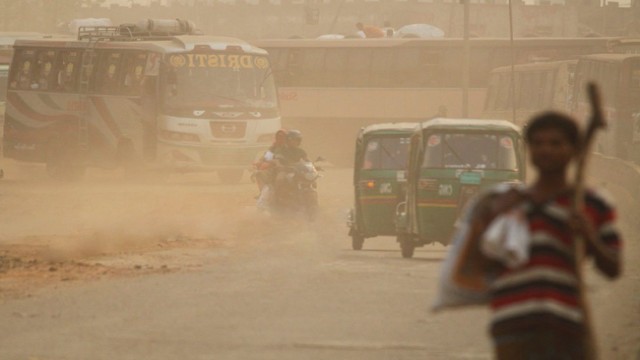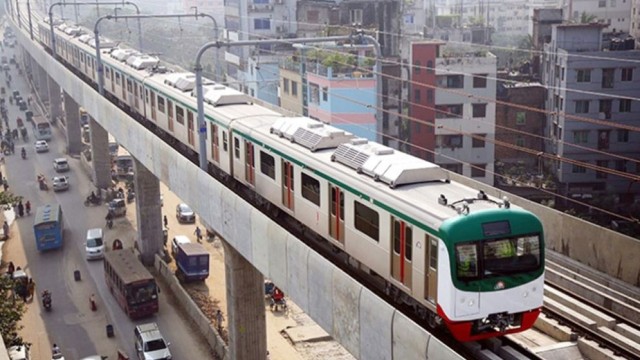Residents of Dhaka experienced a positive shift in air quality this morning, as the city recorded an Air Quality Index (AQI) score of 68 at 9:10 am. Classified as 'moderate', this improvement comes as a relief for the capital's inhabitants amidst ongoing concerns about air pollution.
On Wednesday 8th May, Dhaka's air quality was categorized as 'moderate' on the air quality index, signaling a significant improvement from previous assessments. While challenges persist, this development offers hope for residents striving for cleaner air in the city.
In comparison to other global cities, Dhaka's air quality stands in stark contrast, with Pakistan's Lahore, Indonesia's Jakarta, and Vietnam's Hanoi ranking among the top cities with the worst air quality. With AQI scores of 242, 169, and 160, respectively, these cities highlight the severity of air pollution issues faced worldwide.
The AQI serves as a vital tool for informing residents about the cleanliness or pollution levels in their environment and the potential health risks associated with them. With Dhaka's AQI based on five key pollutants, including particulate matter and ozone, it provides valuable insights into the city's air quality dynamics.
Despite seasonal fluctuations, Dhaka's battle with air pollution remains a persistent challenge. While improvements are observed during the monsoon season, the city often grapples with unhealthy air quality levels, particularly in winter months.
The global impact of air pollution is staggering, with the World Health Organization (WHO) estimating that it claims seven million lives annually. From respiratory infections to cardiovascular diseases, the health risks associated with poor air quality underscore the urgent need for collective action to address this pressing issue.































Comment: